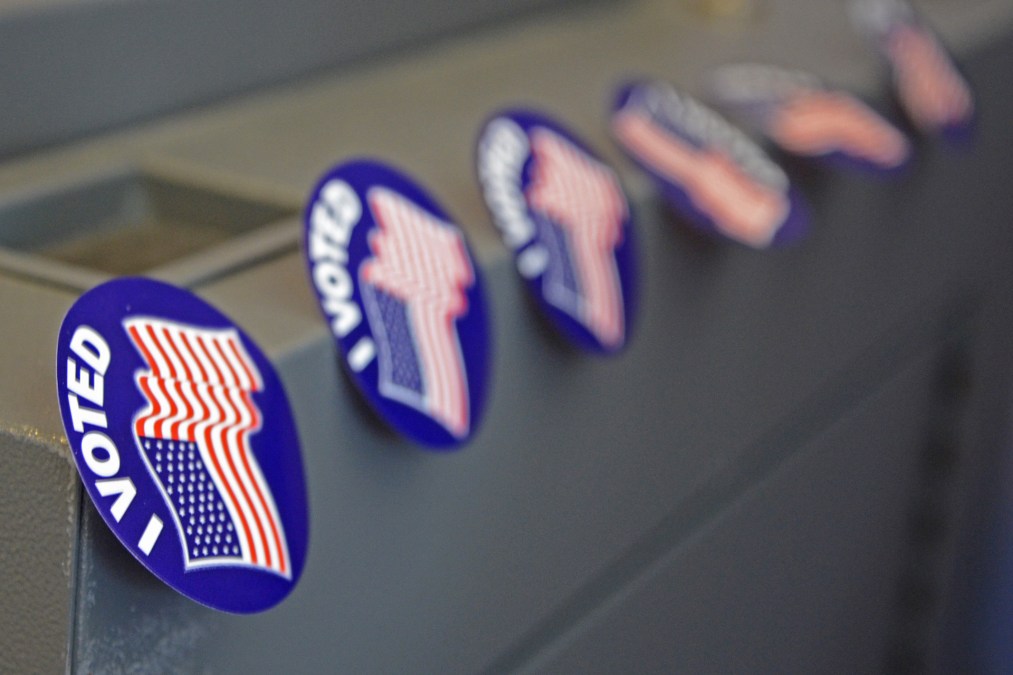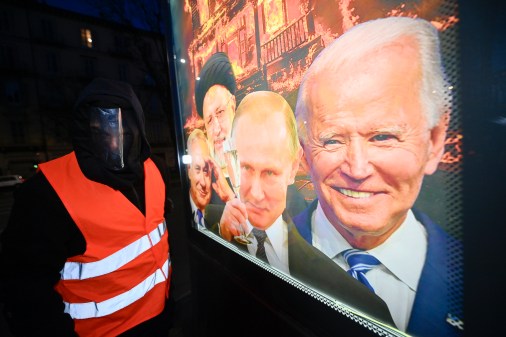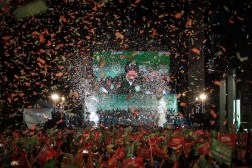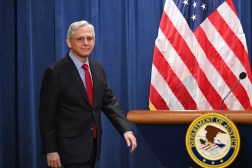U.S. officials release framework for notifying public of foreign interference in elections

The Trump administration on Friday released a framework describing the process by which it would notify Congress, state and local officials, the private sector, and the public about foreign interference in U.S. elections.
The framework supplements existing laws, under which the FBI and the Department of Homeland Security alert victims of cyber intrusions and other malicious activity. The document is recognition that, in cases of foreign attempts to disrupt the electoral process, more communication with the public is needed.
One key factor in the notification process, according to a one-page summary released by the Office of the Director of National Intelligence, is whether public disclosure of a foreign interference operation will deter the activity and protect the public, or instead re-amplify the adversary’s message.
If DHS’s cybersecurity agency or a member of the intelligence community wants to disclose foreign interference activity beyond what is required by law, an interagency group of intelligence officials will weigh in on the decision.
The framework pledges that partisan politics won’t play any part in the notification process, and that U.S. officials will protect sensitive sources and methods.
Russian operatives’ multi-pronged interference in the 2016 U.S. election revealed what critics say is an opaque process for notifying victims of election-related hacks. Some lawmakers, for example, have criticized the FBI for refusing to name the two Florida counties where Russians accessed voter data in 2016.
The framework comes as U.S. officials prepare to help secure a 2020 election they say will draw interference attempts from multiple foreign powers.
Earlier in the week, a statement from U.S. national security agencies warned that Russia, China, Iran, and other foreign adversaries would “seek to interfere in the voting process or influence voter perceptions” in 2020. The statement also touted “an unprecedented level of coordination” between U.S. federal and election officials — and the private sector — to share threat information and protect the electoral process.




